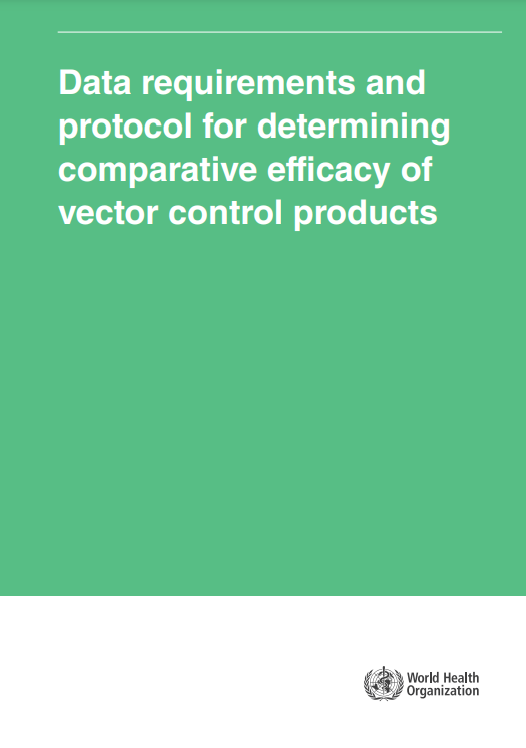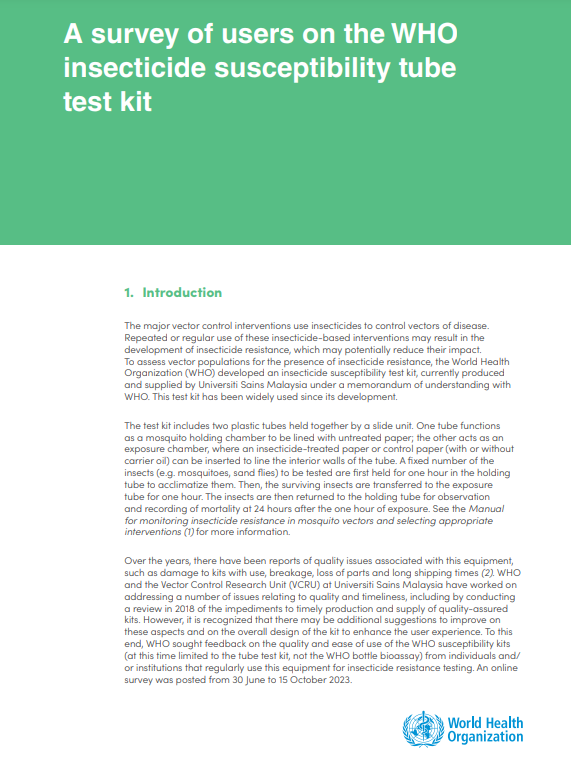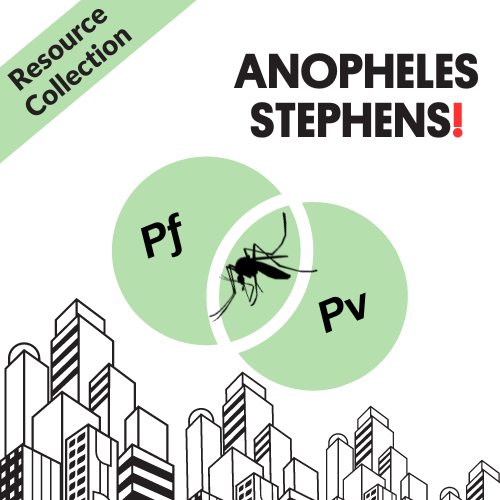Last Updated: 25/06/2024
How has the rapid scale up of malaria control in Africa impacted vector competence? (ReMVeC)
Objectives
The ERC-funded ReMVeC project will assess the impact of insecticide usage on parasite development, including importance of vector species, insecticide resistance, and exposure. Furthermore, it will determine the impact of parasite drug resistance mutations on transmissibility through the mosquito host along with determining the interplay between response to parasite infection and insecticide exposure to determine new potential candidates for vector control.
The Plasmodium falciparum parasite, responsible for malaria, is transmitted through Anopheles mosquitoes, leading to numerous cases and fatalities, especially in Africa. Whilst insecticide-treated bed nets represent the most efficacious approach for case reduction, challenges arise from mosquito and parasite drug resistance. Despite the importance of mosquito control, the relative impact on parasite development remains unknown.
May 2023 — Apr 2028
$1.65M


